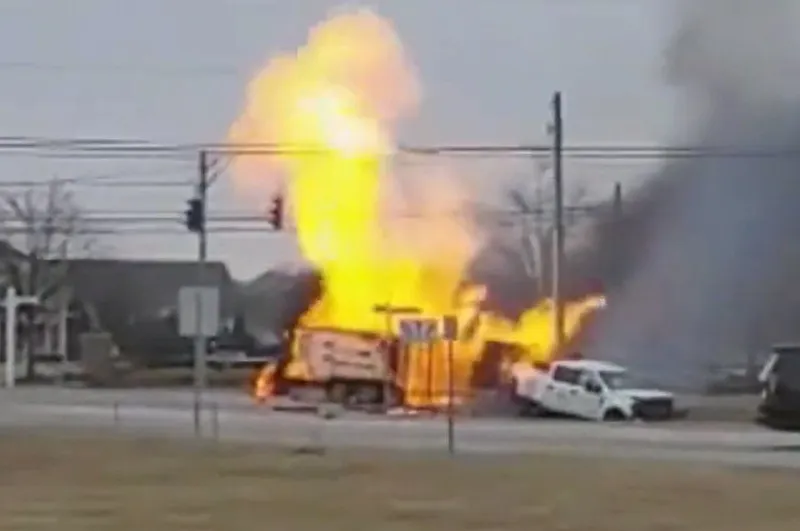'Explosion after explosion' | Three injured after truck towing 420kg of hydrogen crashes and explodes in Ohio
It was the second road accident involving the transportation of H2 in the US in the space of two days

It was the second road accident involving the transportation of H2 in the US in the space of two days
